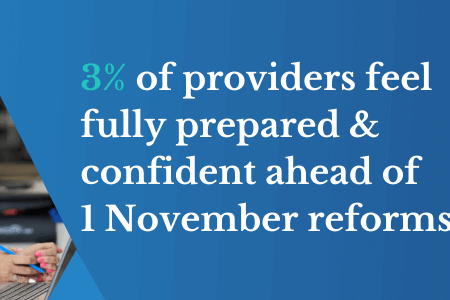Telecross system an important tool for elderly Australians
January 20, 2015 | Aged Care Management

The Red Cross has long been an organisation focused on the wellbeing of the disadvantaged and the elderly, and has taken a step forward in care with the announcement of changes to the Telecross program.
Updates to the initiative will prove useful over the next few years, especially for elderly Australians choosing to stay in the home longer.
What is Telecross?
The Telecross initiative was started to provide peace of mind to elderly Australians living at home, by calling their house in the morning to check in. This call is placed every single day of the year by Red Cross volunteers.
If three calls go unanswered in a day, then emergency procedures are put into effect to check in on the person. This emergency activation is arranged with each Telecross participant.
This system is so effective that a PricewaterhouseCoopers (PwC) evaluation found users gave an average rating of 4.7 out of 5. What’s more, over 300 volunteers call 7,600 people a year, with the number only set to grow as the country’s population ages.
What’s changed?
In a recent announcement, SeniorAU reported that Red Cross is now seeking to expand the Telecross service by extending the number of volunteers in the network.
More people are needed to make the critical calls, as they can make a world of difference if an accident has occurred in the home.
“Telecross has been running for 40 years in Australia, providing a free daily telephone call to people who live alone or who are at risk of having an accident or illness that may otherwise go unnoticed,” Red Cross Social Support Manager Rhee Duthie explained.
Also being expanded is the similar TeleCHAT service, which is designed to give elderly Australians living at home a sense of companionship by talking with the same volunteers on a regular basis.
“Our connections with other people matter. Feeling connected enhances our sense of wellbeing and quality of life, supports good mental health and promotes healthy ageing,” she said.
Programs such as Telecross will continue to play an important role in Australia over the next few years, especially with the population of over 65s showing no sign of slowing down.
A combination of modern residential aged care facilities, options for home care and support systems like Telecross will ensure the elderly are always looked after, no matter their living arrangements.
What do you think are the biggest opportunities for success in the aged care industry today? Please contact us and let us know!


